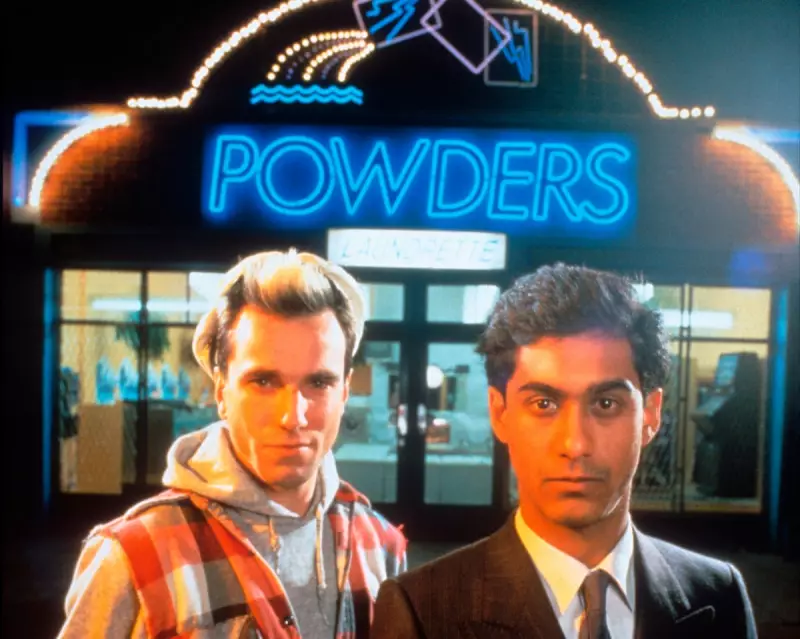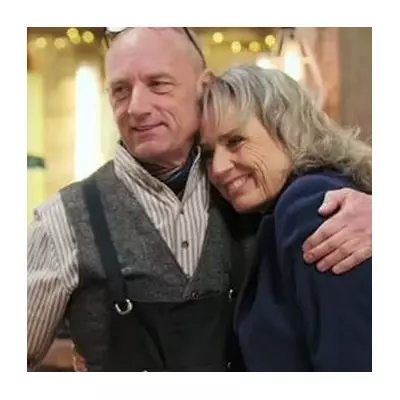
Stephen Frears' My Beautiful Laundrette, written by Hanif Kureishi, remains a poignant exploration of love, identity, and societal tensions in 1980s Britain. The film, set against the backdrop of Margaret Thatcher's divisive policies, follows the story of Omar, a young British Pakistani man, and Johnny, a former white nationalist, as they navigate their complex relationship while running a laundrette in London.
A Bold Narrative for Its Time
Originally released in 1985, the film broke new ground with its unflinching portrayal of race, class, and homosexuality. Kureishi's sharp script and Frears' deft direction create a world that feels both intimate and expansive, capturing the struggles of immigrant communities and the working class under Thatcherism.
Performances That Resonate
Daniel Day-Lewis delivers a mesmerizing performance as Johnny, showcasing the vulnerability and volatility of a man torn between his past and his desires. Gordon Warnecke's Omar is equally compelling, embodying the ambition and conflict of a second-generation immigrant caught between tradition and modernity.
Relevance Today
Nearly four decades later, My Beautiful Laundrette remains strikingly relevant. Its themes of racial tension, economic disparity, and the search for identity continue to resonate in contemporary Britain. The film's raw honesty and emotional depth ensure its place as a classic of British cinema.
A Must-Watch for Film Lovers
Whether you're revisiting this masterpiece or discovering it for the first time, My Beautiful Laundrette offers a powerful cinematic experience. Its blend of social commentary, romance, and dark humor makes it a timeless work of art.





